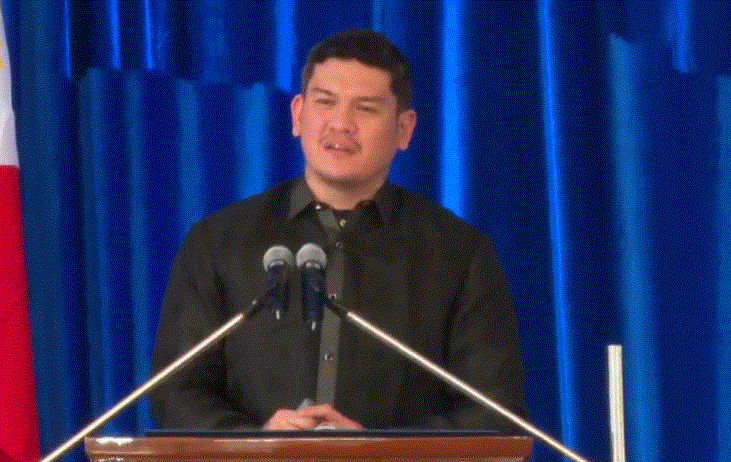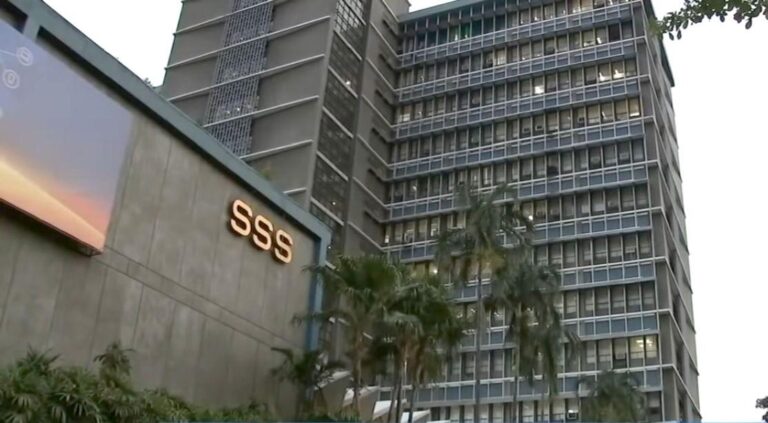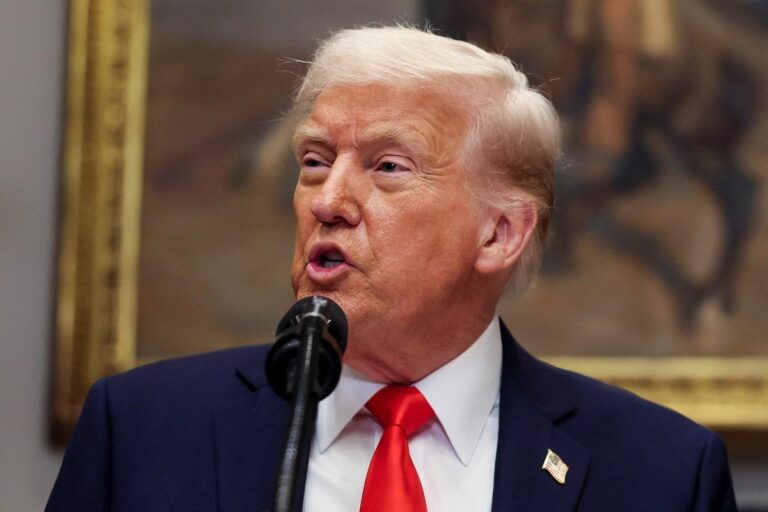South Korea has been praised around the world for its recycling programs. In fact, it’s known for recycling 73% of its plastic waste—much higher than countries like the United States. But as the country prepares to host talks for a global plastic waste agreement, experts say it has its limits.
While South Korea’s recycling rates seem impressive, some argue the numbers aren’t as good as they appear. According to environmental activists, the country’s claim of 73% recycling only counts plastic that reaches a recycling facility. But they don’t know if the plastic is actually recycled or just burned or buried in landfills. Greenpeace says only 27% of the plastic waste is actually recycled.
South Korea has been producing more plastic waste each year. In 2022, the country generated 12.6 million tons of plastic waste—31% more than in 2019. This increase is mostly due to more plastic packaging, especially from online shopping during the pandemic.
A large part of this plastic waste is not being recycled because it’s too expensive to process. In a town near Seoul, 19,000 tons of untreated plastic waste are piling up at a recycling facility that had to close due to financial problems. Cleaning it up would cost millions, but the company can’t afford to pay.
Some of the country’s recycling policies have also been criticized for not being consistent. In 2023, South Korea even relaxed some of its rules about single-use plastics, such as straws and plastic bags, just one year after tightening them. Experts say South Korea needs more specific goals for reducing plastic waste and reusing plastic materials.
Many activists point out that South Korea’s culture of gift-giving often involves lots of plastic packaging, which adds to the waste problem. Plus, the country’s big plastic and chemical companies have a lot of power, which makes it harder to push for stronger environmental laws.
The government has tried to improve the situation by encouraging companies to recycle more, like with new processes that allow plastic to be recycled into fuel or new products. However, these methods are expensive and may increase pollution.
As the country leads the way in recycling, it still faces many challenges in managing plastic waste. While South Korea is making efforts, many believe it needs stronger regulations and more cooperation between the government and businesses to truly reduce plastic pollution.

















